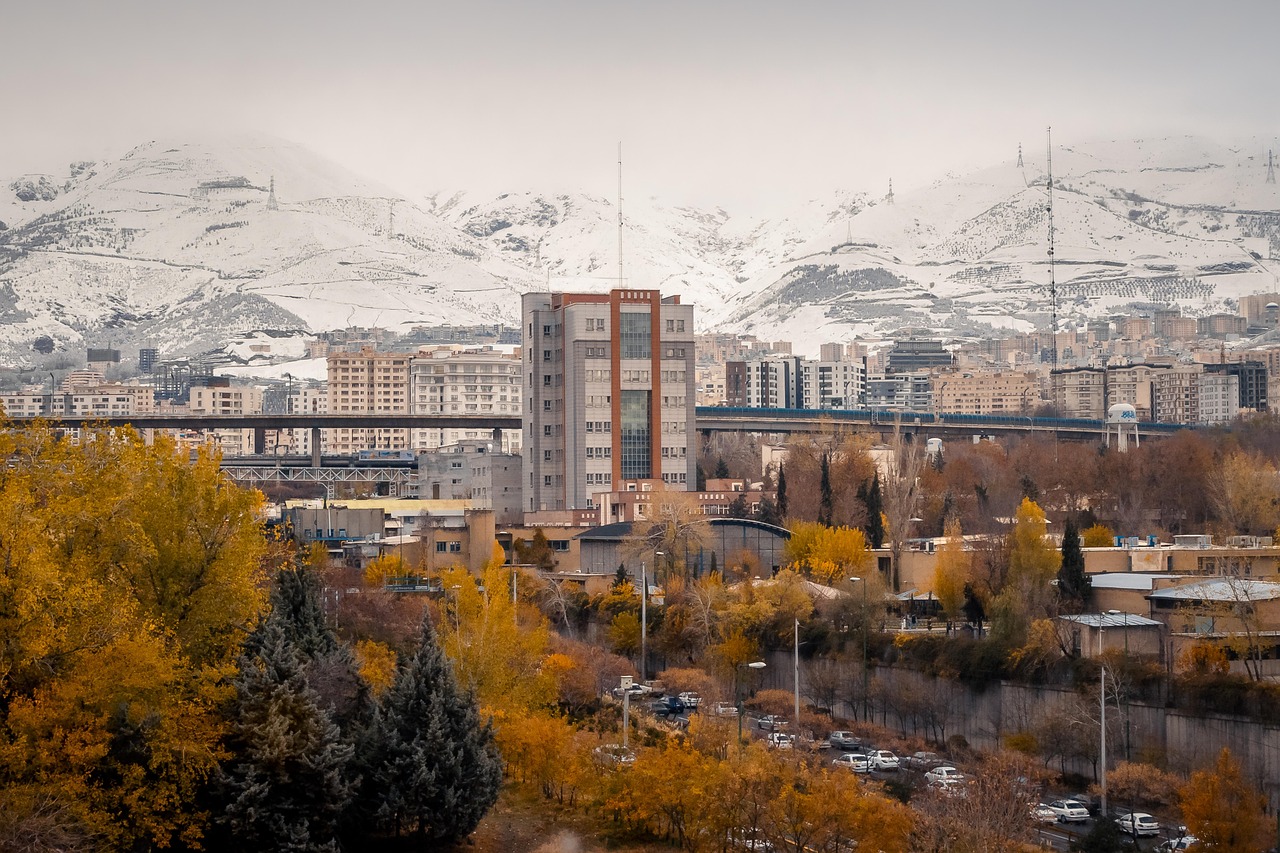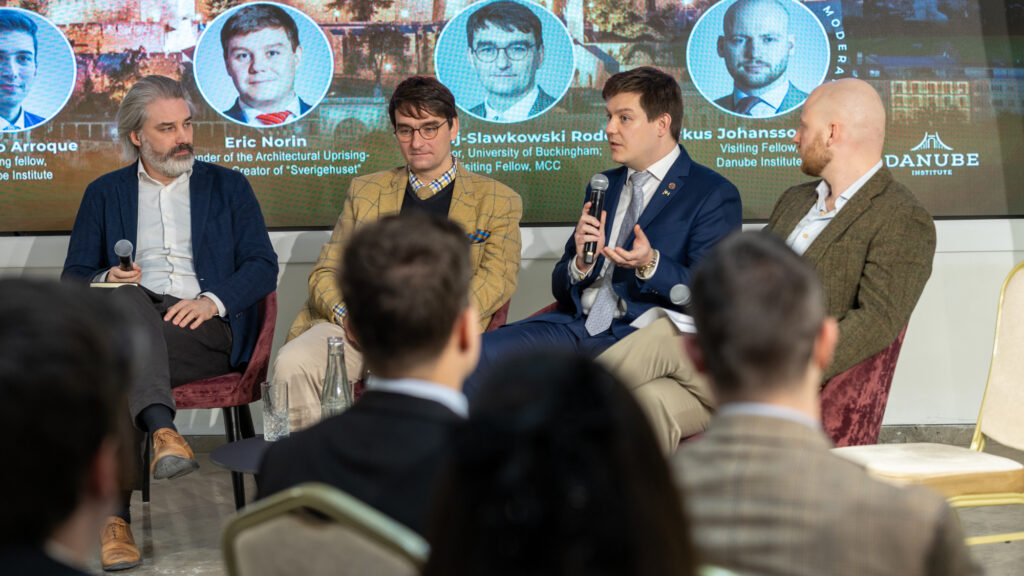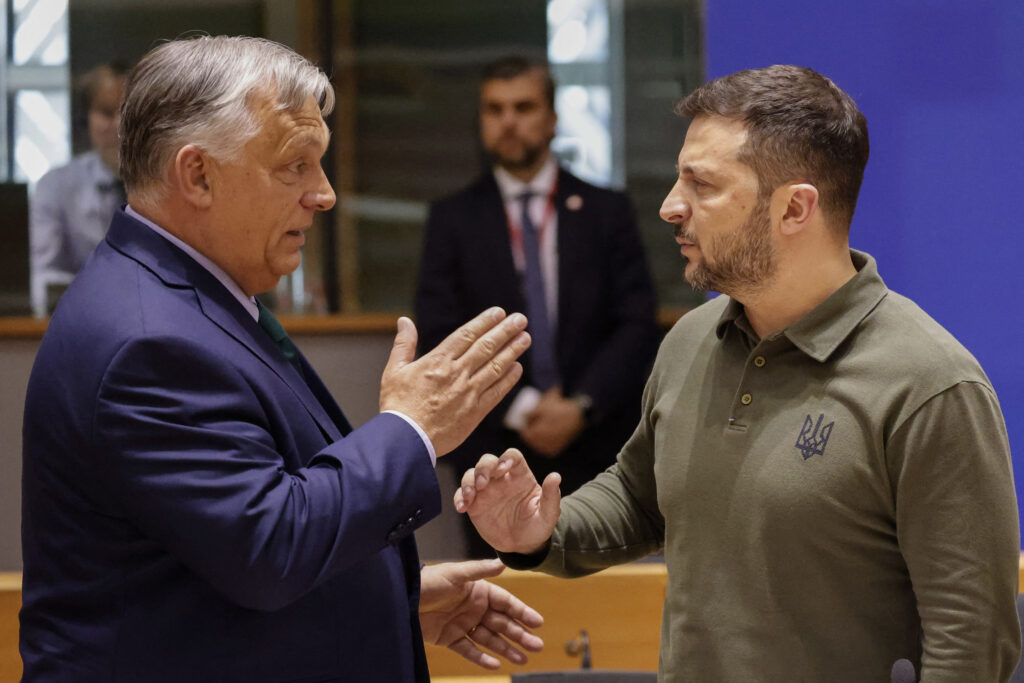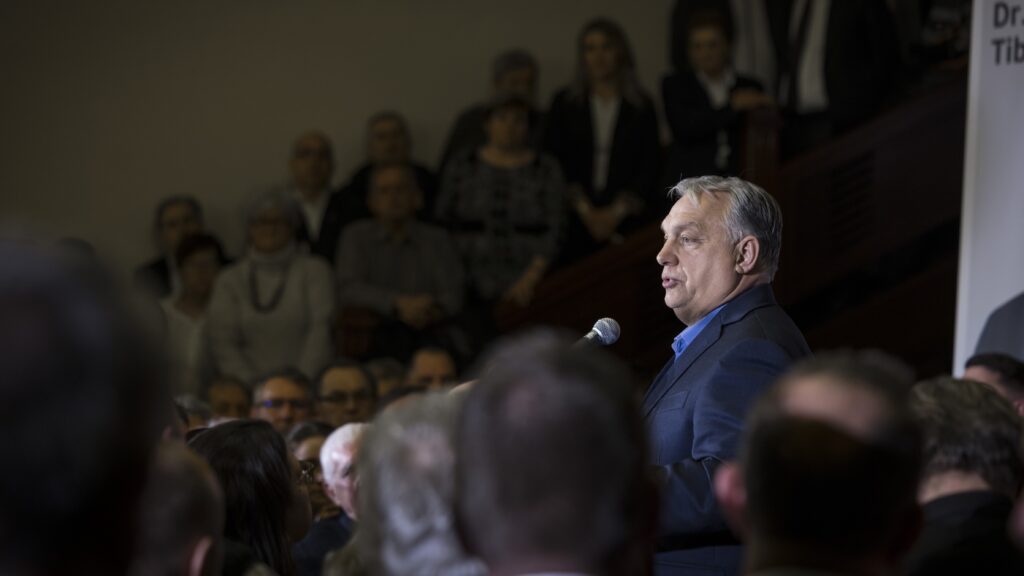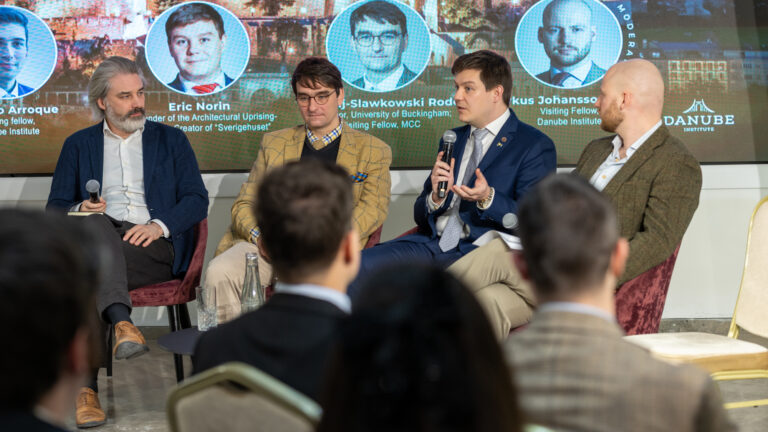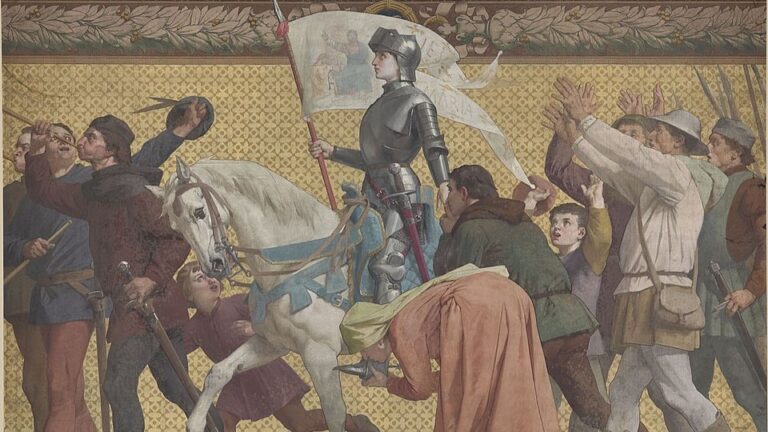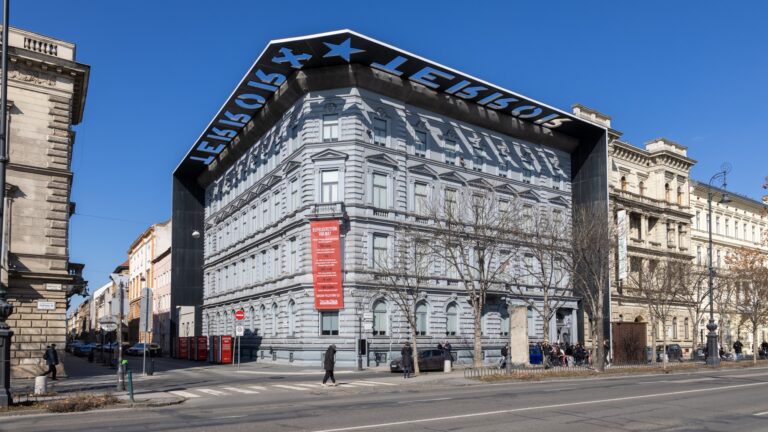On the 100th anniversary of Hungarian–Iranian diplomatic relations, a Hungarian delegation attended the 7th Iran Expo exhibition in Tehran. The event provided an opportunity for Hungarian and Iranian private sector companies to engage in direct negotiations and lay the groundwork for new business collaborations.
Iran’s Most Important Export Exhibition
The Iran Expo 2025 is Iran’s most significant export exhibition, offering an excellent opportunity to showcase the country’s economic and cultural diversity and connect with global markets. This year, the event was attended by 3100 traders from 111 countries.
The attendance of 36 ministers, including those responsible for trade, commerce, and industry, along with 24 deputy ministers, 30 presidents of chambers of commerce, and 98 leaders of specialized trade associations, each heading senior delegations to Tehran, underscores the exhibition’s importance and credibility.
Many delegations arrived to sign agreements. The rise in the number of export contracts finalized during the Iran Expo reflects the event’s crucial role in advancing export activities and opening new opportunities for collaboration. Moreover, the participation of international traders has created a valuable platform for drawing foreign investment and enabling technology transfer to the country.
New Opportunities for Economic Cooperation
Commercial Attaché at the Embassy of the Islamic Republic of Iran in Budapest Hassan Argit expressed optimism about the potential for stronger economic cooperation between Hungary and Iran.
‘Hungary and Iran have shared over a century of diplomatic relations, built on deep historical, cultural, economic, and political foundations that continue to grow dynamically today,’ Hassan Argi said. ‘This multifaceted cooperation not only enhances dialogue between our two nations but also paves the way for expanding future partnerships,’ he added.
He elaborated that in recent years, numerous bilateral agreements have been signed in key sectors, including agriculture, the food industry, the pharmaceutical sector, and water resource management.
‘Hungary’s advanced agricultural technologies can contribute to increasing Iran’s agricultural productivity, and vice versa. Cooperation can also strengthen the healthcare sector by opening new markets for both sides. In Iran’s water-scarce regions, adopting Hungarian experience and technologies could play a significant role. Expanding transport permits could greatly boost trade volume,’ he explained.
According to the Commercial Attaché, Hungary is a key priority in Iran’s foreign trade strategy, and a long-term strategic partnership between the two countries would contribute to strengthening regional and global stability.
Hungarian–Iranian Agricultural Agreement
Last year, Minister of Foreign Affairs and Trade Péter Szijjártó held a joint press conference with the Iranian Minister of Finance, when they welcomed the entry into force of the bilateral investment protection agreement, which provides legal security for businesses.
Following the negotiations, the Hungarian–Iranian Agricultural Cooperation Agreement was signed, which opened new trade opportunities in the agricultural and food sectors. At that time, Péter Szijjártó stated that ‘the agreement can allow high-quality Hungarian agricultural technologies and food products to gain even greater access to the Iranian market.’ Related to water cooperation, he emphasized that access to clean and healthy drinking water is one of the most fundamental human rights.
Bilateral trade between Hungary and Iran exceeded $ 50 million in 2022, with similar levels recorded the following year. Due to increased Hungarian textile and pharmaceutical exports to Iran, as well as rising Iranian plastic imports, bilateral trade grew by 45 per cent in 2023 and by 55 per cent in the last year.
‘We are applying the policy of common sense and pragmatism when we work on developing economic cooperation between Hungary and Iran,’ declared Péter Szijjártó. ‘We would like Iran to return to peaceful cooperation within the international community as soon as possible, and since the global economy is now facing serious challenges, we believe that this return could perhaps begin with the economy,’ he added.
Higher Education Cooperation
Last year, the Minister of Foreign Affairs and Trade also emphasized the importance of cooperation in the field of higher education between the two countries. ‘A total of six Hungarian universities maintain close cooperation with nine Iranian universities,’ Szijjártó stated.
Under the current agreement, 150 Iranian students receive scholarships each year to study at Hungarian universities. Altogether, more than 2000 Iranian students are currently studying in Hungarian institutions on a self-financed basis, mainly in health and business programmes.
‘The better Iran can protect its borders, the fewer migrants will reach Europe from that part of the world’
During the press conference, Péter Szijjártó also welcomed Iran’s efforts to stop migration waves and drug trafficking, noting that Iran’s position near Afghanistan and Pakistan gives it a crucial role in reducing migration pressure on Europe. ‘The better Iran can protect its borders, the fewer migrants will reach Europe from that part of the world,’ he said.
Hungary–Iran Relationship: A Historical Overview
Hungary and Iran have maintained diplomatic relations since 1939, which were renewed and elevated to an ambassadorial level in 1951 with the opening of Hungary’s embassy in Tehran. Following the Islamic Revolution in 1979, Hungary was among the first to recognize the newly formed Islamic Republic.
Over the years, bilateral cooperation has increased. Inter-parliamentary friendship groups were established in 2000, and regular exchanges took place, including visits from high-level economic and parliamentary delegations. Economic forums and business meetings were held in both capitals in the following years, aimed at strengthening economic ties. Sectors such as agriculture, food processing, pharmaceuticals, and environmental technologies have emerged as key areas of interest for Hungarian exports.
A turning point in bilateral relations came in 2015 with the visit of Hungarian Prime Minister Viktor Orbán to Tehran. This visit led to the signing of several key agreements between Hungary and Iran. These included a treaty on the avoidance of double taxation and efforts to boost investment.
The tax treaty, signed in November 2015, was particularly significant in creating a predictable legal and fiscal framework for bilateral economic activities. It aims to eliminate double taxation, define taxing rights, and ensure transparency through the sharing of information between authorities. Hungary also introduced a comprehensive seven-point action plan aimed at enhancing economic collaboration in fields such as water management, engineering, urban infrastructure, and automotive components.
Related articles:

